THINKlab secures new Disaster Management Project
1 July 2020The University of Salford THINKlab has been awarded almost £1 million from the UK Research and Innovation Collective Fund to develop an advanced digital platform which can be used by various government agencies and communities to work together to analyse, forecast, visualize and debate disaster risk and to choose development plans that ensure sustainability and equitable resilience which will help guide climate change adaptation and decision making.
This project which aims to promote a participatory approach that supports the transparent and democratic involvement of all the relevant stakeholders (known as TRANSCEND) builds on the THINKlab’s groundbreaking research on digital platforms for sustainable cities and on the disaster community resilience research from the Centre for Disaster Resilience at the University of Salford. It will also include experts from the University of York (UK), University of Moratuwa (Sri Lanka), University of Peshawar (Pakistan), Universiti Tun Hussein Onn Malaysia and the Universiti Teknologi Malaysia, thus bringing together their research expertise in social science, urban planning and community engagement. The project is supported by an international advisory committee and key government organisations such as disaster management centers, urban development authorities and community-based charity organisations.
This project builds on the MOBILISE project, which is another UKRI funded project that has successfully worked with government organisations in Sri Lanka, Pakistan and Malaysia to develop an advanced technology platform for risk assessment using satellite technologies, drones, sensor data and social information. The new research will take a different approach; rather than focusing on how to manage a disaster, it will look at the urban planning of risk-sensitive areas.
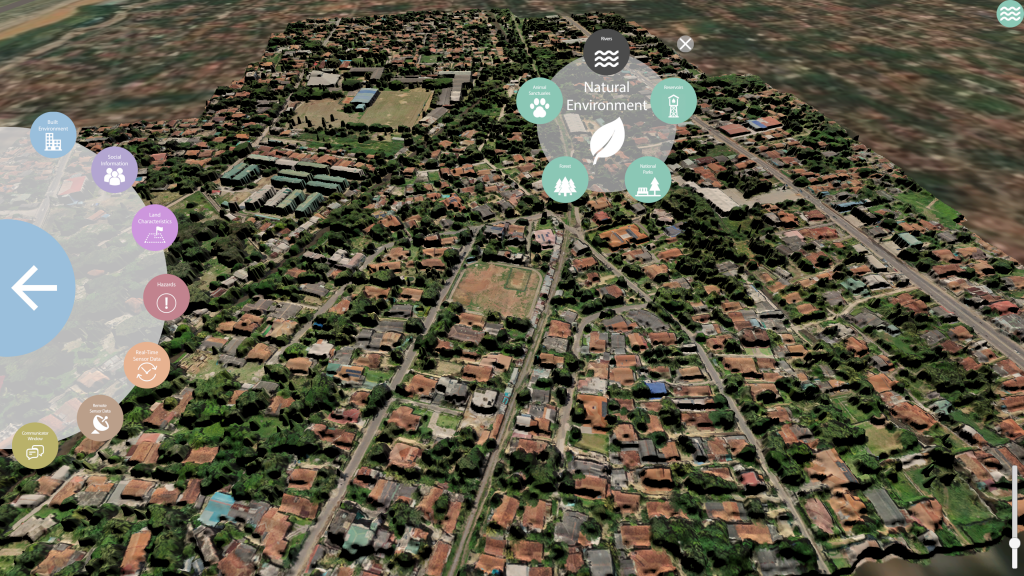
Professor Terrence Fernando, Director of THINKLab said: “The transformation of current urban development and disaster management practices is at the heart of this project. Our challenge in this project is to study how current practices can be transformed by establishing new partnership models and introducing participatory methods that empower vulnerable communities through advanced digital solutions.”
Professor Bingunath Ingirige, Director of the Centre for Disaster Risk Reduction: “TRANSCEND will study the narratives that need to be developed, presented and discussed to establish a comprehensive understanding of the impact of proposed developments on the community, economy and environment. TRANSCEND will study approaches to communicating the conflicting narratives and discussing the trade-offs that need to be considered in promoting a new form of development practice that is equitable and resilient.”
Dr. Kaushal Keraminiyage, one of the Co-Investigators, said: “There are many examples around the world which indicate that vulnerable communities are facing the consequences of risk insensitive urban development’s firsthand. In TRANSCEND we intend to tap into their knowledge and experience in promoting a risk sensitive urban development strategy.”
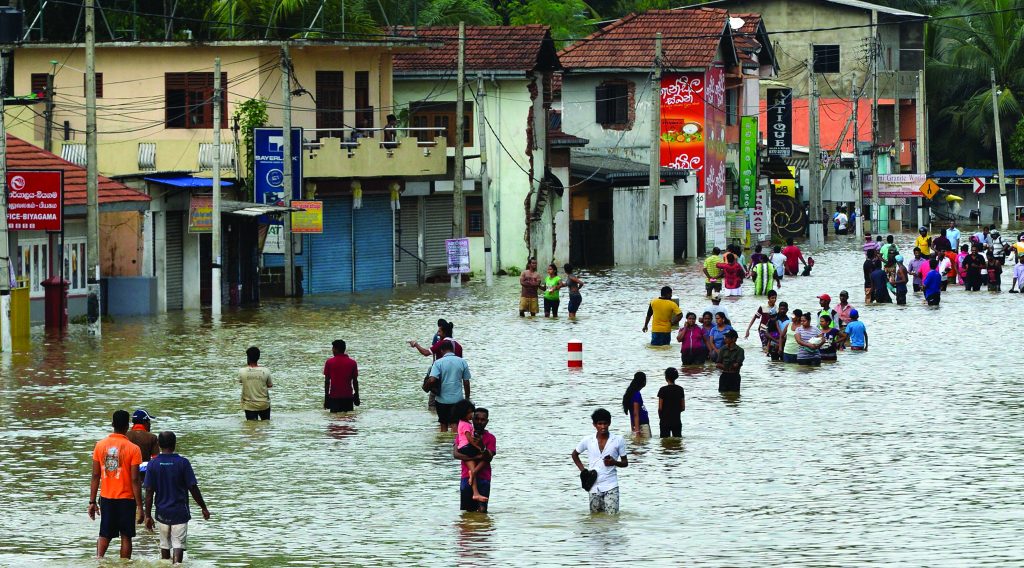
The project will establish three Living Labs in Sri Lanka, Pakistan and Malaysia creating an ‘Experimentation and Learning Environment’. These Living Labs will involve academic experts and government organisations in co-creating solutions and partnerships to try out new methods and tools to explore a digitally enhanced participatory process for urban development.
The project’s consortium held an initial project launch in Sri Lanka in December 2019 in collaboration with relevant government organisations. The project brings together public and private partnerships between a host of organizations in the UK and in Sri Lanka, Pakistan and Malaysia.

Key messages and notes:
The University of Salford has been awarded funding of almost £1 million to promote risk-sensitive urban development to reduce the impact of natural disasters on vulnerable communities around the world.
The goal of the project is to transform current “silo” based urban development and risk reduction practices in disaster prone countries (such as Sri Lanka, Pakistan and Malaysia) to a participatory approach that promotes cross-organisational collaboration, openness, adaptability, learning, impartiality, power sharing and public participation.
The project will take a proactive approach by setting up three Living Labs as experimental and learning environments in Sri Lanka, Pakistan and Malaysia which will work collaboratively with a range of government organisations, NGOs and marginalized communities to transform current practices.
Evidence-based decision making that exploits the power of data, modelling, urban simulation and visualisation is at the heart of this project.
This work is based on the digital expertise in the THINKlab and on the disaster risk reduction expertise within the Centre for Disaster Resilience at the University of Salford.
The funding has been awarded to the research facility THINKlab that undertakes leading research in advanced technology platforms for smart city applications.
The TRANSCEND project builds on the previous GCRF funded MOBILISE project that focused mainly on developing digital capacity for understanding risks and risk governance in disaster-prone areas.
Notes to editors:
* The project is a 3-year programme funded by ESRC and GCRF.
The Economic and Social Research Council (ESRC) is part of UK Research and Innovation.
The Global Challenges Research Fund (GCRF) is a £1.5 billion fund announced by the UK Government in late 2015 to support cutting-edge research that addresses the challenges faced by developing countries.


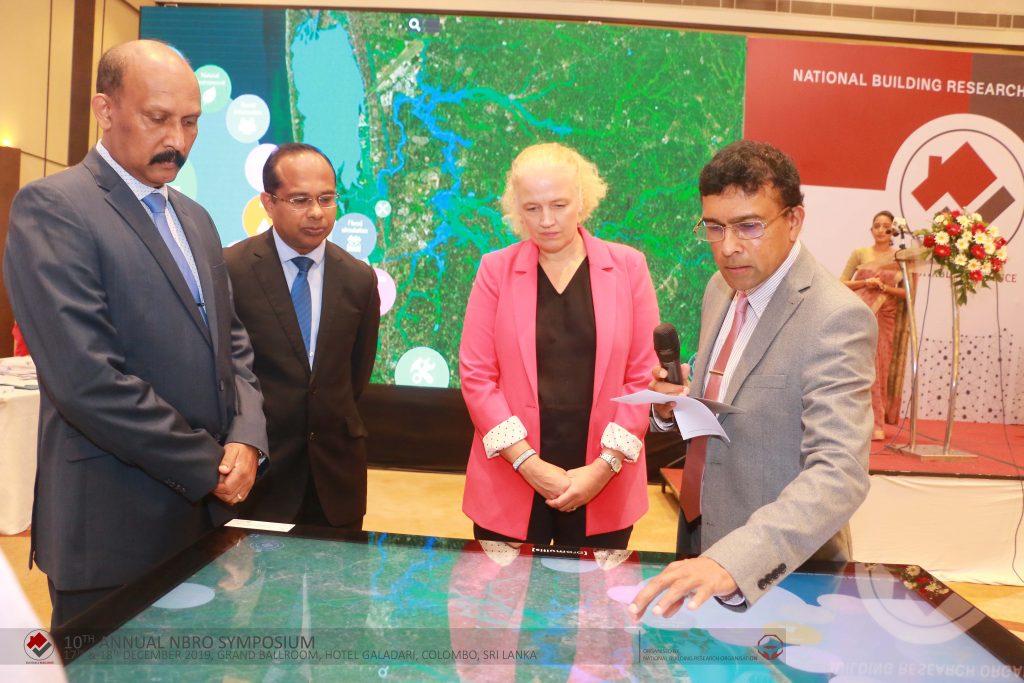
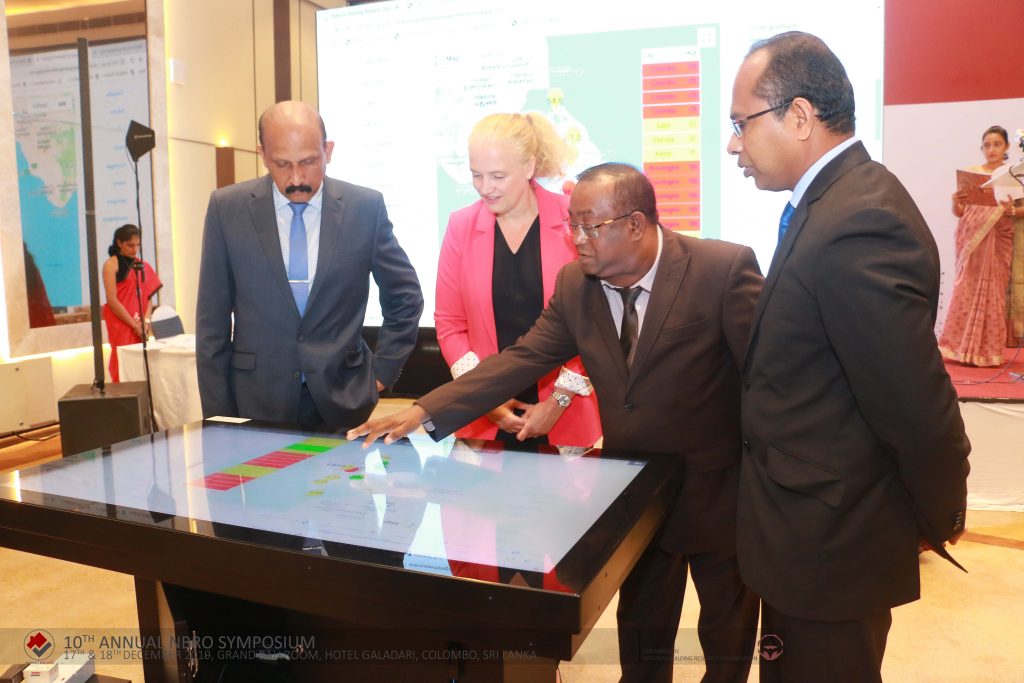
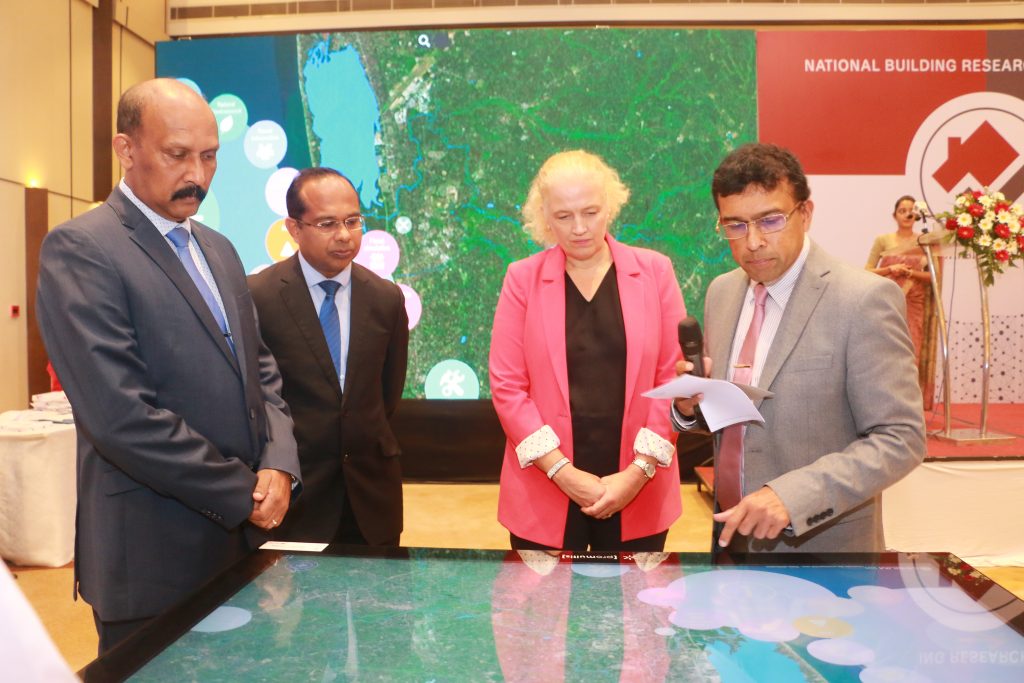
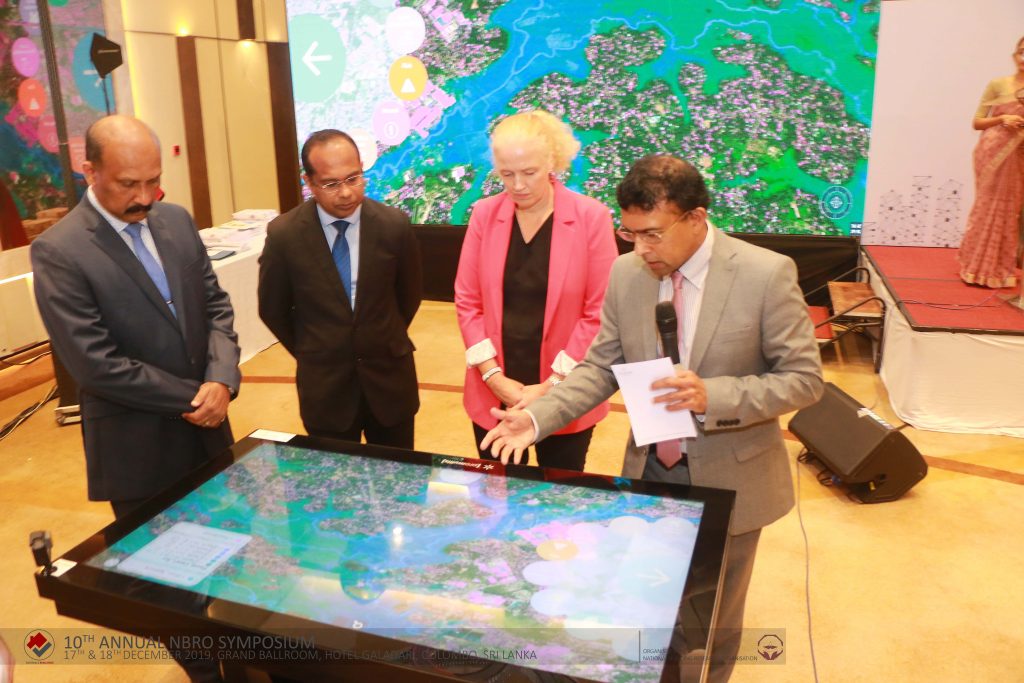
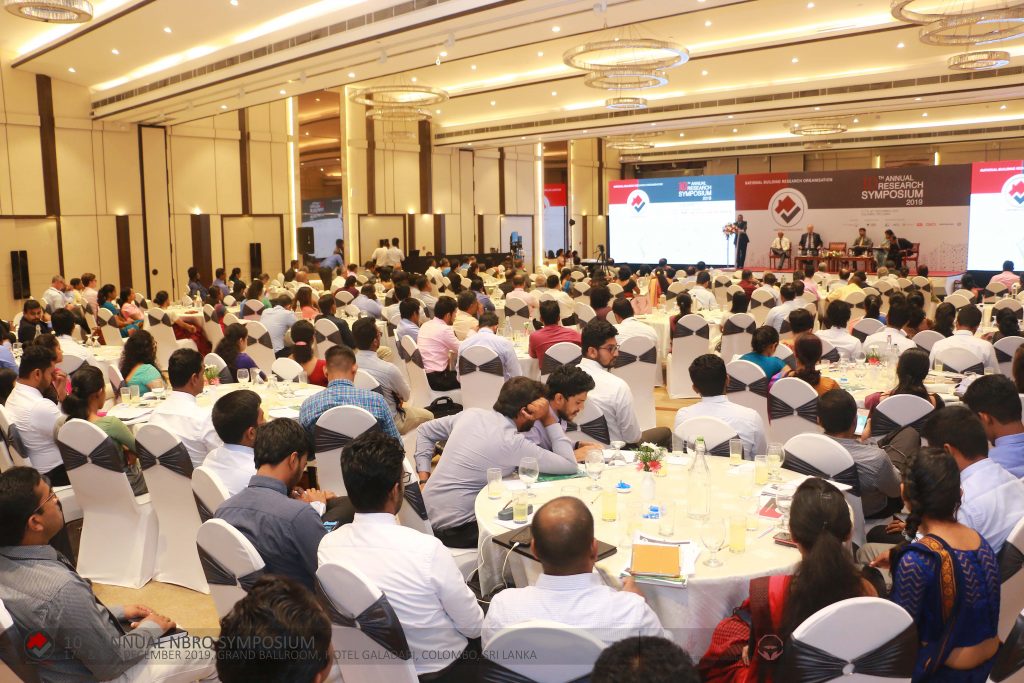
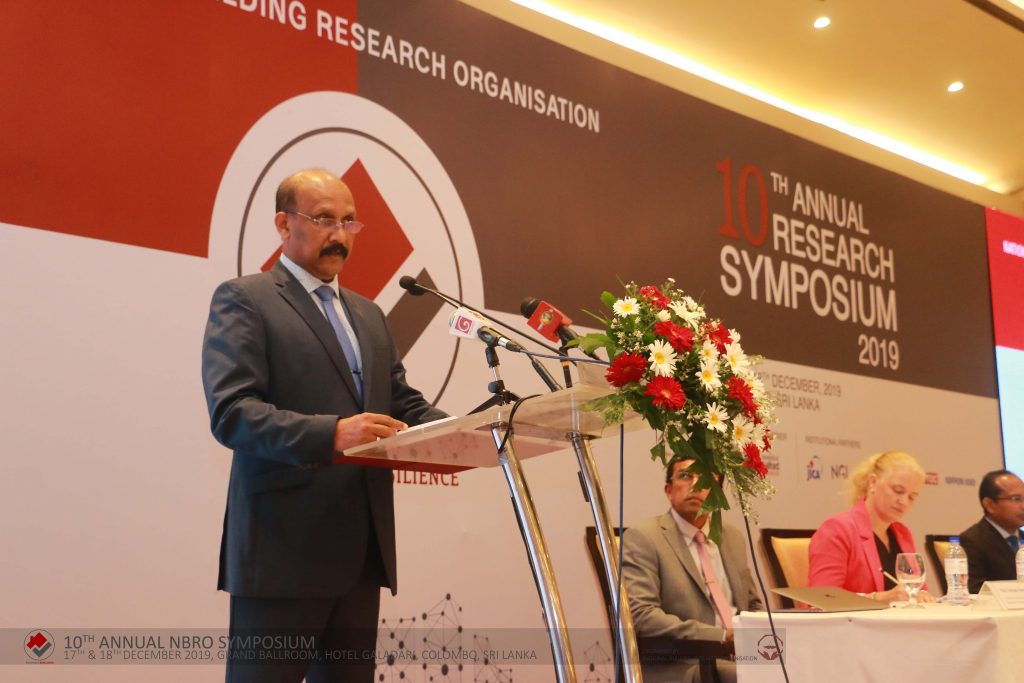
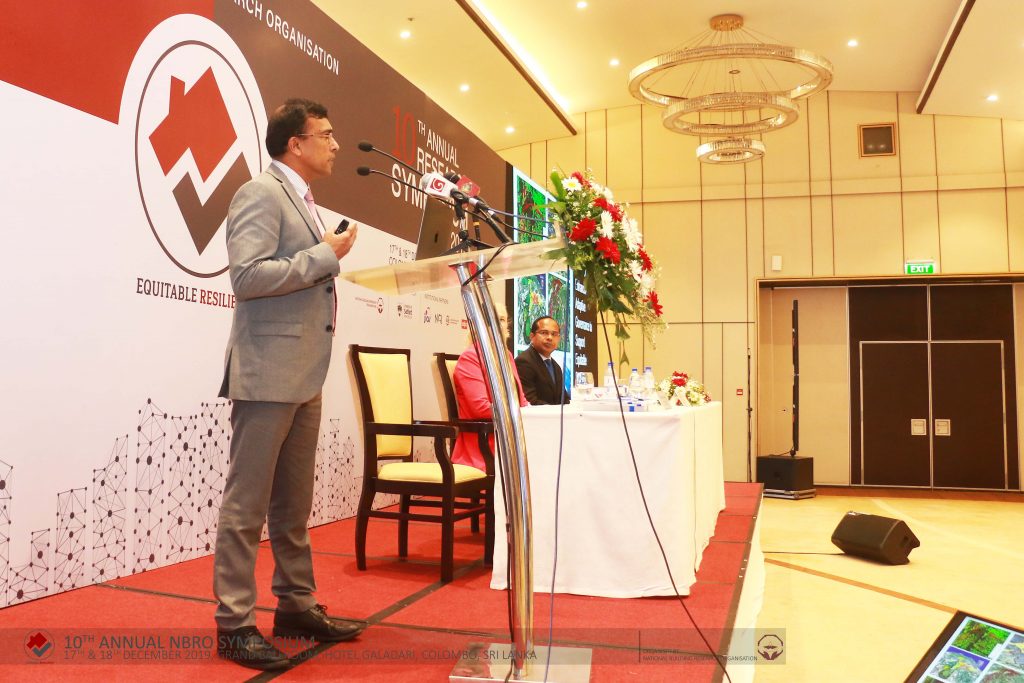
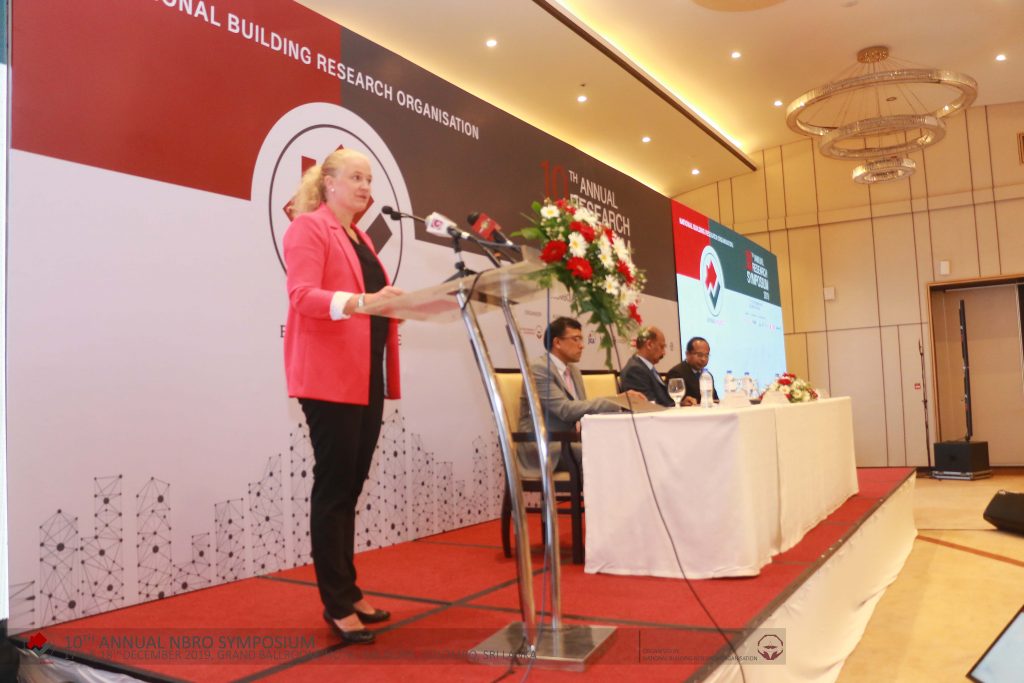
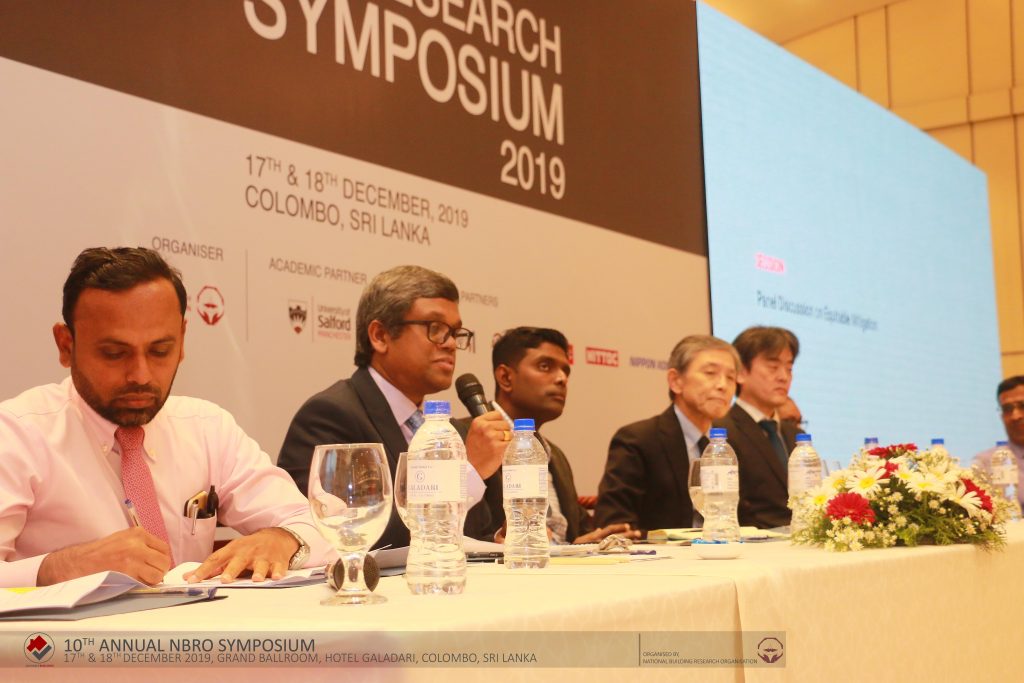
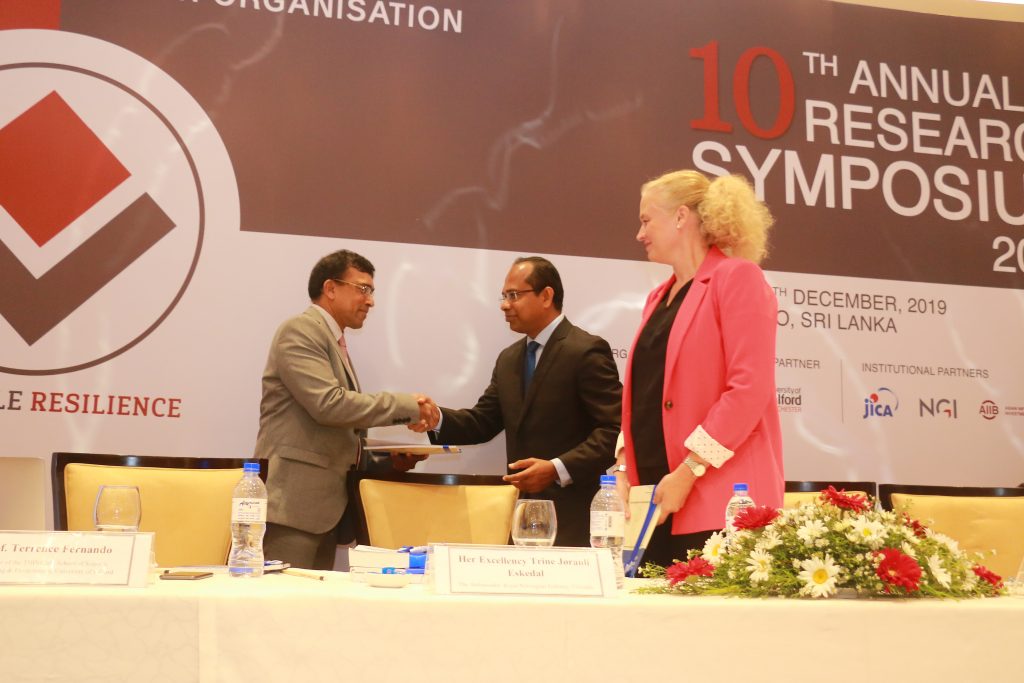
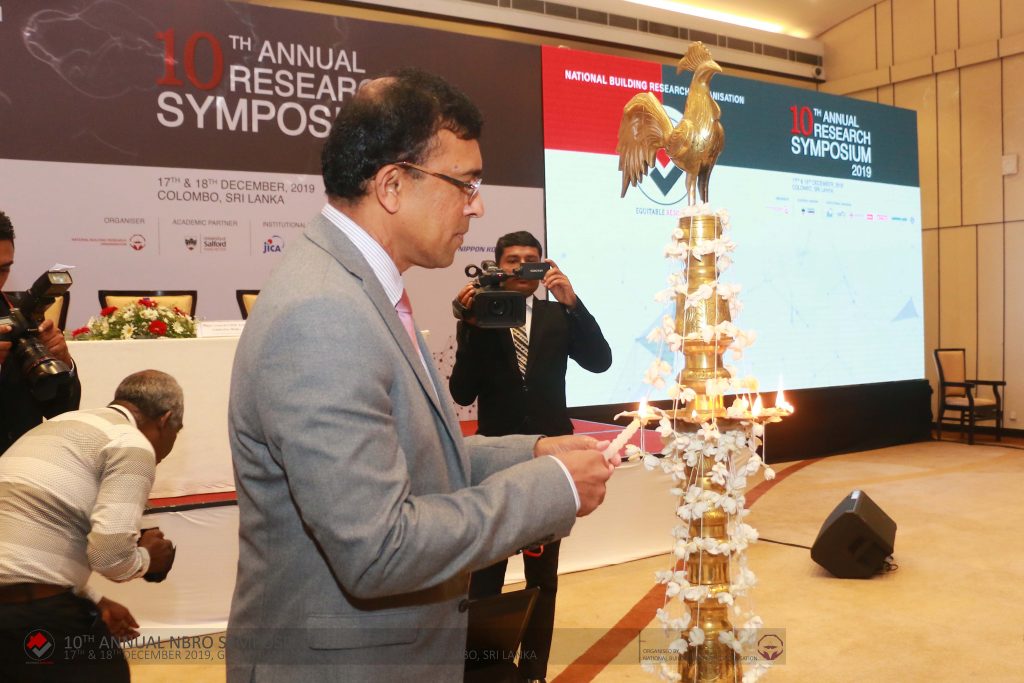
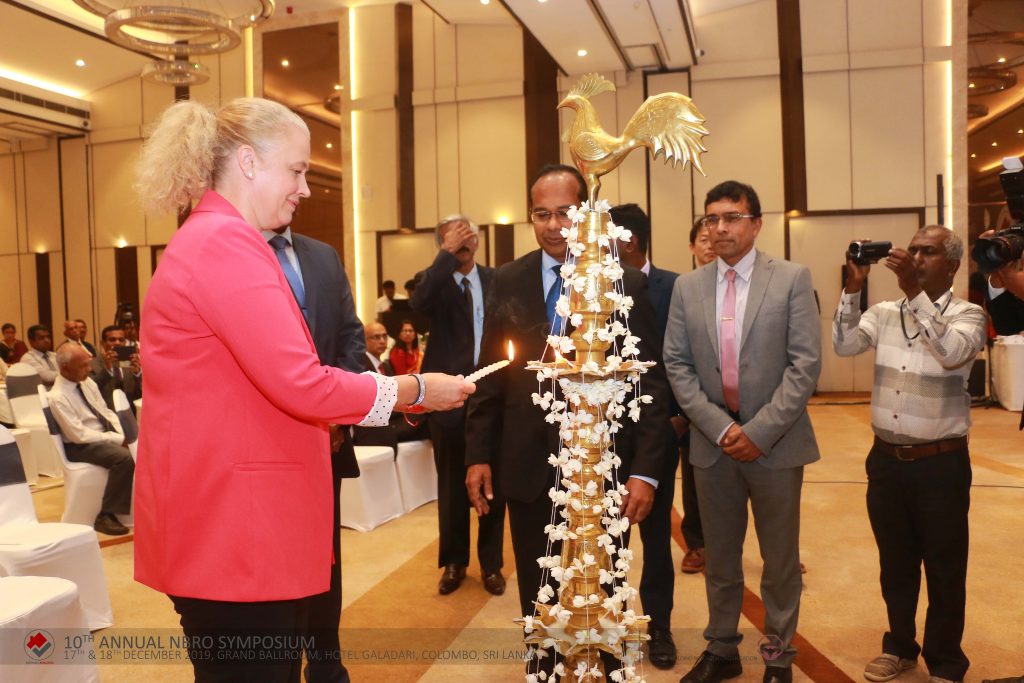
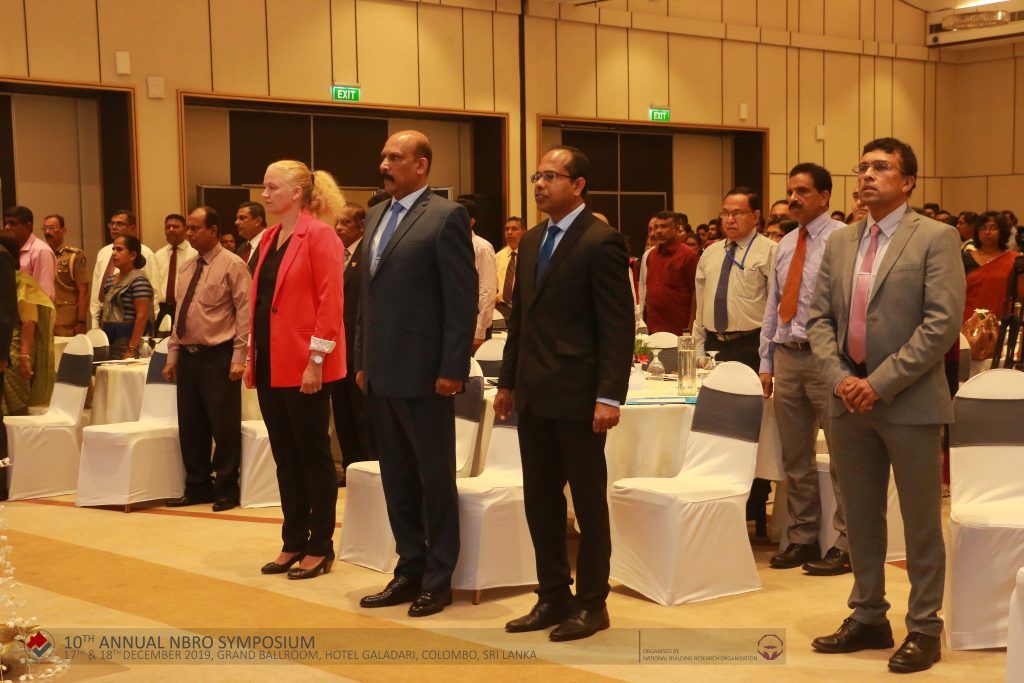
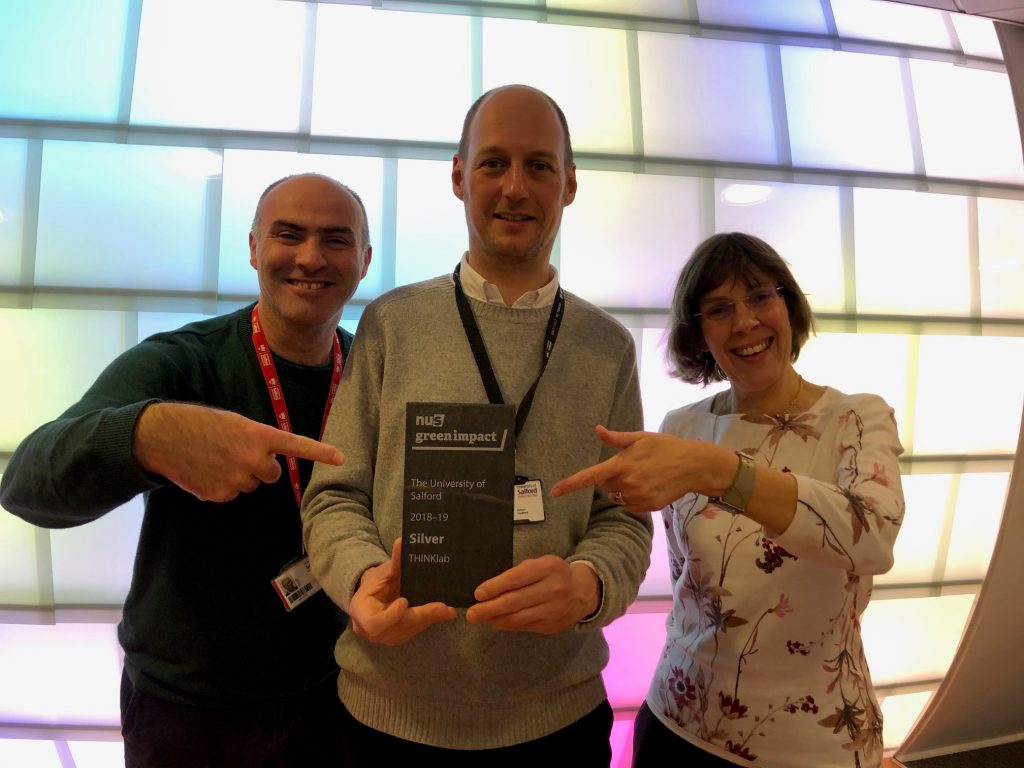
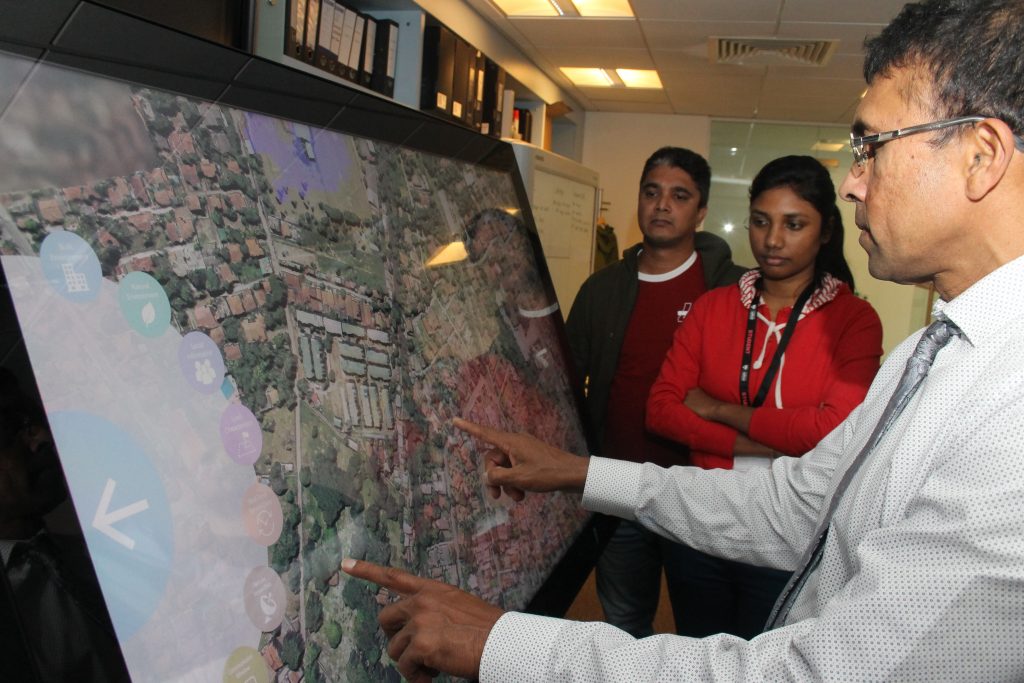
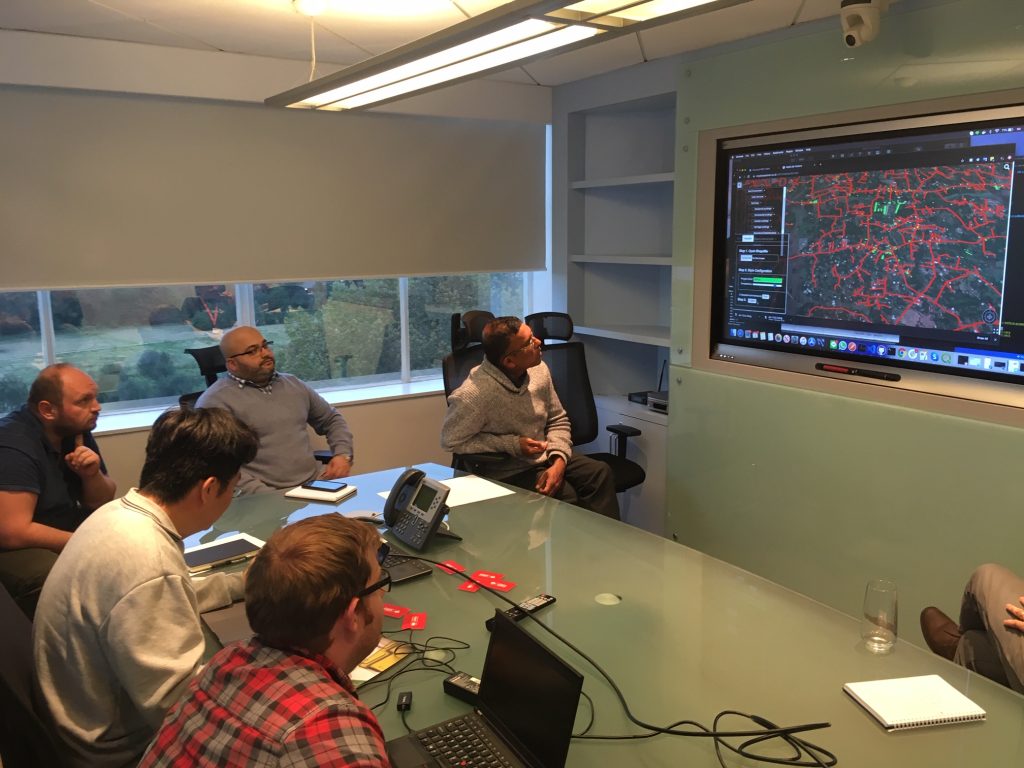
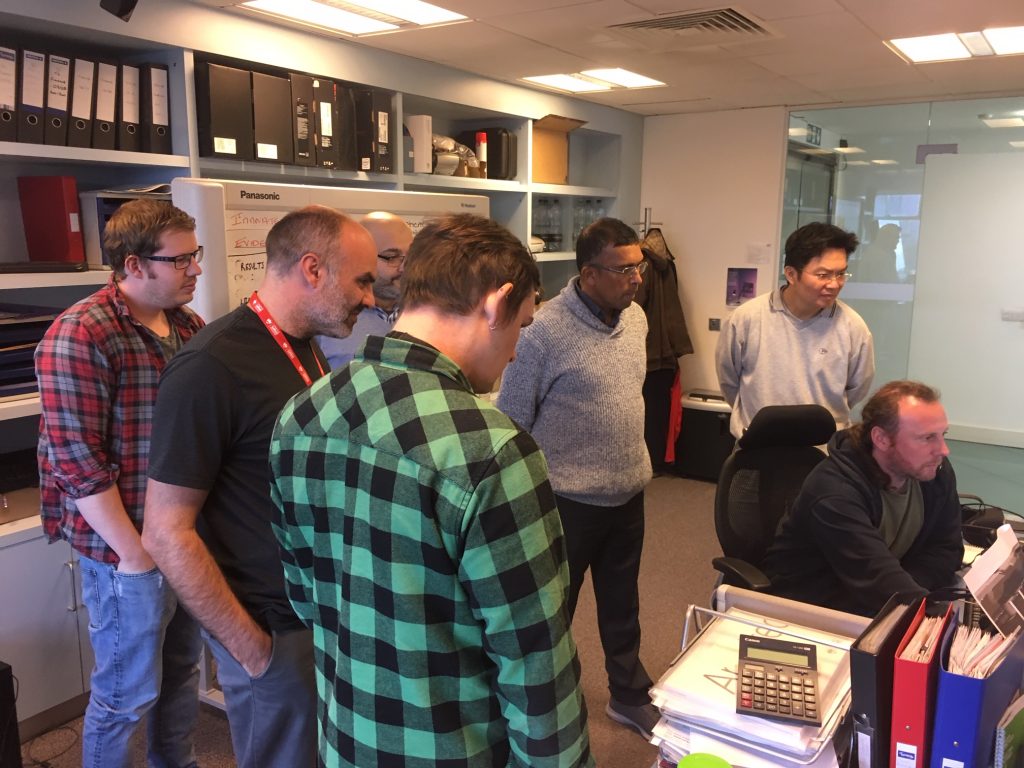
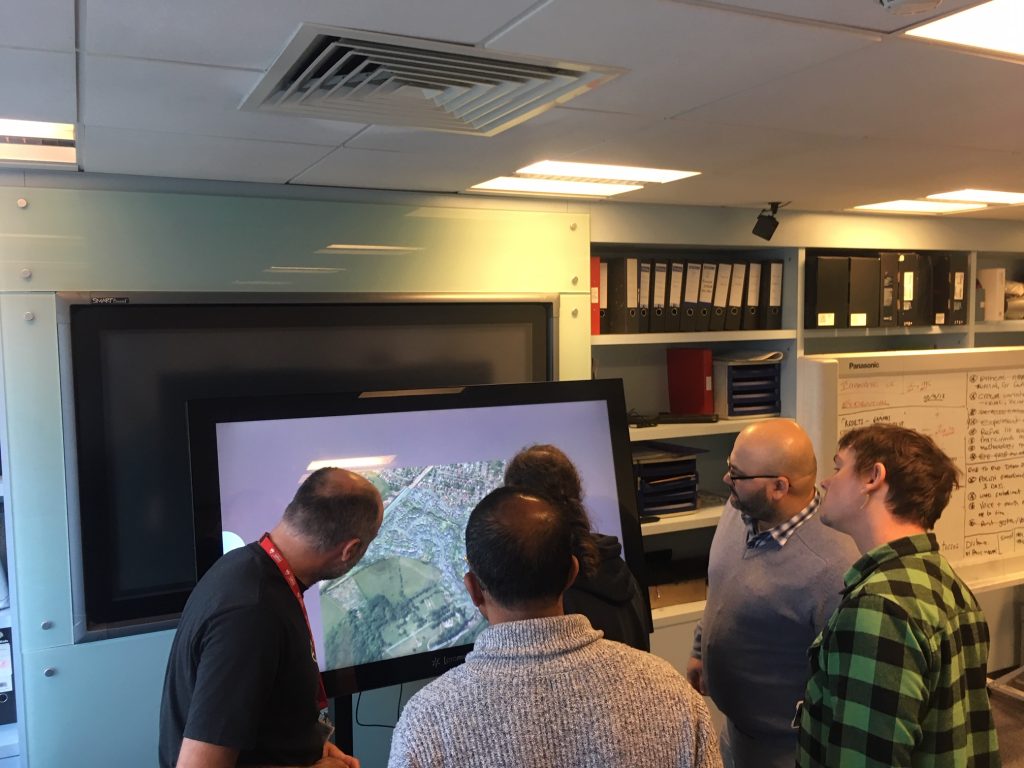
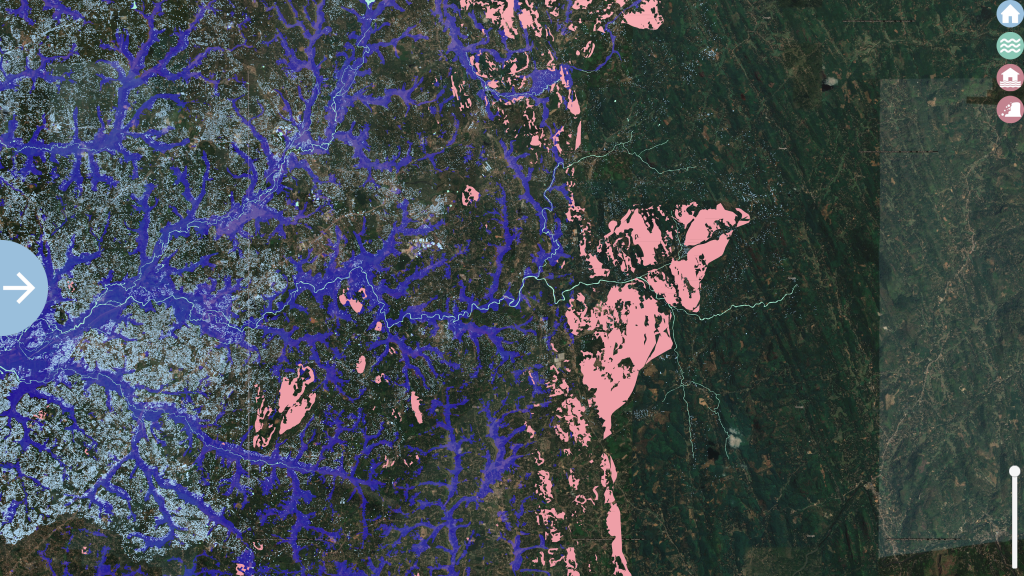
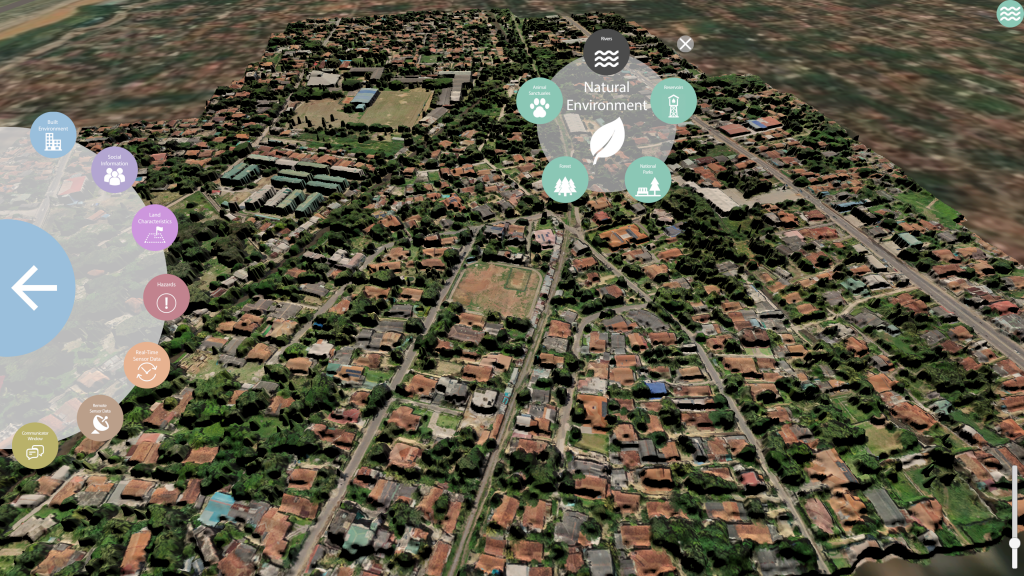
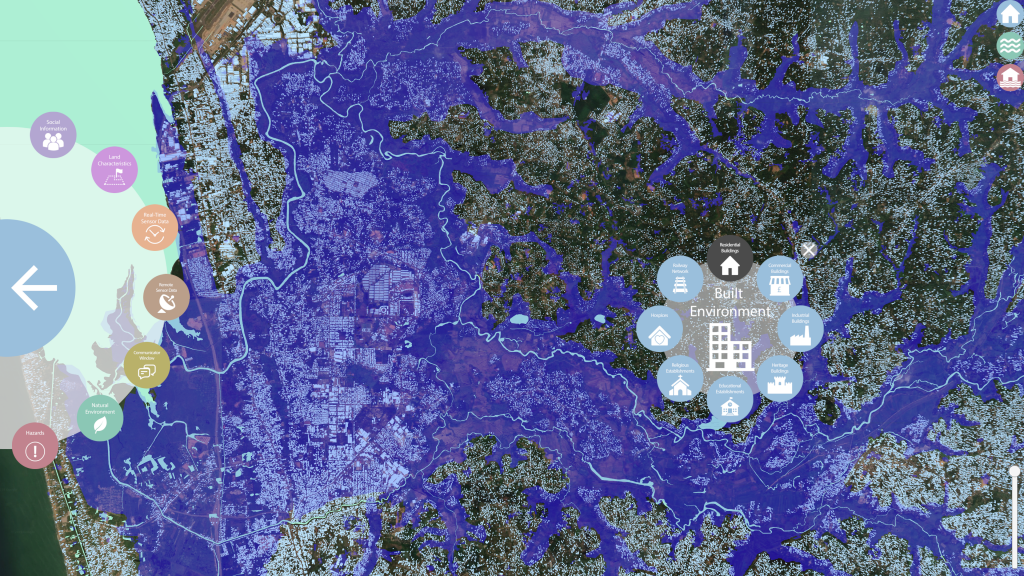
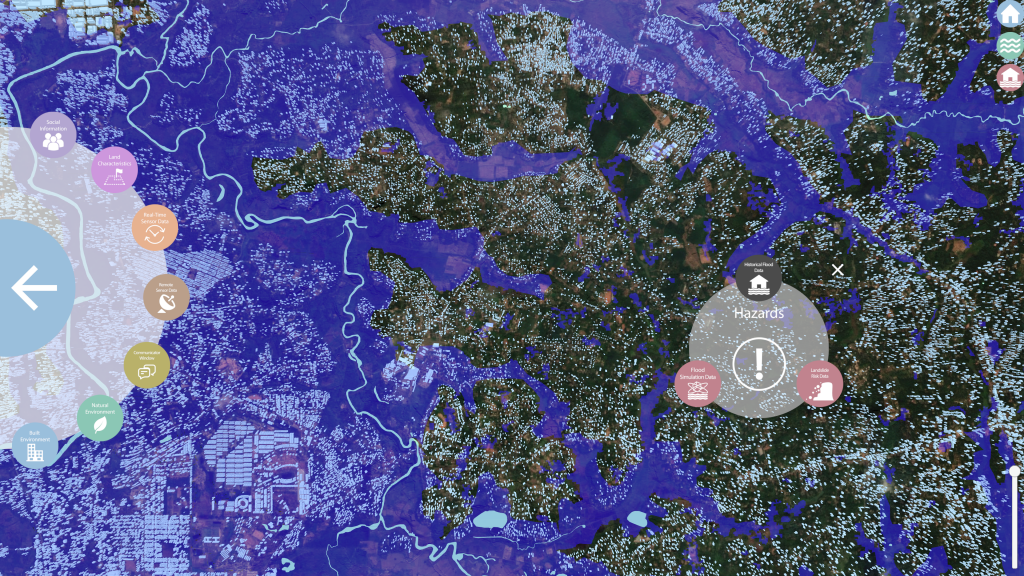
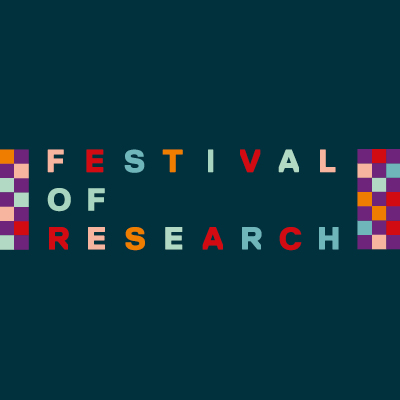

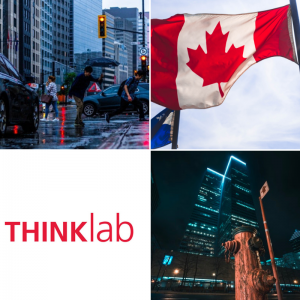
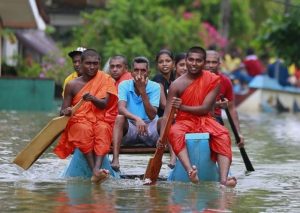

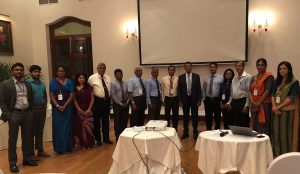
Recent Comments